Live Simply Smackdown/ Fact-Town: The Truth About Bargain Shopping
Most of the time my clients are little angels whom I kiss on the forehead and award shiny, gold stars to. Occasionally, though, they will utter a statement from a certain repertoire of sentences so ugly, so cringe-inducing, so utterly nonsensical that my organizer ears begin to spontaneously bleed. What are those sentences, you’re wondering?
“I got them on sale.”
“There was a special– three for the price of one.”
“There was an amazing deal! I had to get five.”
“It was such a bargain- I couldn’t resist.”
And this as we puzzle over accommodating two dozen of the same thing on one small shelf.
The ubiquity of statements like these finally convinced me that this matter must be addressed. Here goes:
* * *
When we are shopping, we remain focused on our role in the retail experience. We are consumers, we are there to consume. Rarely do we take the time to consider the men behind the curtain (i.e. the marketing experts, sociologists, psychologists) whose life’s work is to study none other than our role as consumer. We forget that those professionals are aware of our habits, our moods, our life’s greatest desires and our grossest insecurities. And we neglect to bear in mind that every shopping venue, every store display, every price tag has been crafted in such a way as to utilize that knowledge to get us to B-U-Y.
Yeah, this is some truth talk today. Stay with me.
The facts- why we fall for “bargains.”
– Your brain on bargains
fMRI studies of brain activity have shown that when we find bargains, the pleasure and reward centers of our brains light up. As you take stock of that new stock of shoes marked down from their original price, you literally get a surge of dopamine (in case you never took Freshman Pysch, dopamine= shot of happiness).
That exact pair of shoes at full price doesn’t give you the same amount of excitement as the shoe marked down to its sale price. With this dose of dopamine, you essentially enter a “high state,” which will more than certainly influence your purchase.
– “The hot/cold state”
You enter a store promising yourself that you won’t spend a penny. Once inside, and once the aforementioned chemical changes have occurred in your brain, you yield to the lure of the bargain and end up purchasing a bundle.
Behavioral economists refer to this as the “hot-cold empathy gap.” What they mean by this is that we have an inability in the “cold” state to gauge how we will behave in the “hot” state. Therefore, we can’t trust that the same judgment practiced while we were away from the merchandise will guide us while we in the presence of said goods.
– The pressure of limited availability
Marketers are aware of how vulnerable we consumers are to the pressure of things like limited quantity and limited time frame. Many retailers will therefore offer a certain number of a particular item on sale, or will hold a sale for a certain number of hours.
We are incredibly manipulated by these factors (read: a major fear of missing out). Anxiety suddenly overtakes our rational thought. We feel pressured to purchase now, while the sale is on, while the item is still available in our size, and before it is TOO LATE.
– Only the strong will survive
It must surely harken back to our hunter-gather days, when we had to compete for scarce resources in order to survive– when we see a sale, we immediately, if unconsciously, experience a sense of competition; we must find our size in that pair of pants before someone else can snag them up! We must avoid getting beaten to the punch at all costs– literally!
Buyer Overwhelm
Studies have shown that when consumers are overwhelmed by too many offerings, they are much less likely to buy. Enter: the sale rack. These conveniently needled down collections are (sorry!) not assembled for the benefit of the consumer in the long run. They are the retailer’s way of a. getting rid of left over merchandise, and b. a sure-fire method on the retailer’s part to overcome that overwhelm hurdle.
“We may not get your monies with our vast array of store-wide merchandise and displays, but here, look over here, a carefully curated little collection of items just for you to sort through!”
– What’s in a name?
Marketers are wholly aware of the power of an item bearing the word “sale.” We are imminently swayed by this term. When we buy things that are on sale, we have the assumption that we have saved money. We believe we have gotten more value for our hard-earned dollars.
This is true only in cases when you had to make the purchase of an item anyway- regardless of whether it was marked down. If it wasn’t a pre-planned purchase, you are still expending unnecessary dollars, not saving them.
Be better spenders/bargain shoppers
The anti-dote to bargain-fever is increased awareness. If you’ve actually been reading this post then you have already begun to increase your awareness– it is extremely important that you acclimate yourself with the inherent vulnerabilities of consumership, and how retailers prey on these. But there is more you can do:
1. Practice crazy-awesome restraint and do not tempt yourself. Do not go into stores “just to peruse.” Do not go shopping when you have nothing better to do. Enter a store only when you know you need to make a specific purchase. Then stick to that initial list.
2. Once inside a store, remain aware of the sensory tricks that retailers are attempting to play on you.
3. Be aware of your mood when shopping– are you using retail as “therapy,” as the phrase goes? Be very wary of purchasing in such an emotional state. Shopping may provide you with happiness for a short time, but it will inevitably fade, and you will be left with an item you didn’t need, and a purchase you will probably regret.
4. Before you swipe that credit card, ask yourself the following questions:
– Why am I buying this?
-What is the main factor that is motivating this purchase? Is it the item itself, or is it the reduced price?
– Is this an item I have been needing/searching for/ wanting for a very long time?
– How much use will I get out of this item?
– Where will I keep this item in my home? Do I have room for it?
– What is the first thing I will tell others about this purchase? Will I describe aspects of the item itself, first? Or will the bargain I got for it be the first thing I mention?
I have found that sometimes, given everything mentioned above, there is nothing more clarifying than simply EXITING a store. Leave the building. Walk away. Breathe the fresh air. Take a few more steps from the door.
Even better if you can walk away from the purchase for a number of days. Give yourself an opportunity to simmer on the expenditure, away from the pressures of the actual store. If you immediately forget about that item then it’s a good thing you didn’t buy it. If you find yourself continuing to think about it then perhaps it’s a wise purchase indeed- one you can feel good about making.
Remember: it’s only a bargain if you needed it in the first place, otherwise it’s a waste.
* * *
{If you or someone you know is struggling with a shopping addiction, please know that there are resources available to help. For more information, visit The Illinois Institute for Addiction Recovery or The Shulman Center}
Image credits: FashionHippo, NewYorkology, Gorsuch Ltd., MiamiFashionblog x2, wwward0, John O’Boyle Photography, unknown
7 Comments
Leave a Comment
Other Posts You May Love
7 Comments
-
This is a great post. I am currently on shopping lockdown (other than groceries – but I hate grocery shopping so I avoid that at all costs!). Particularly with clothes, I have started asking myself – “Do I LOVE this or do I just like it?” If I love it, I take it home. Since I started doing this, I buy fewer clothes but I also get rid of fewer clothes just because I am tired of them. Works out great!
-
Love that!!! Amazing practice to get into doing!
-
-
Terrific post, Annie. Just went shopping yesterday and noticed how i automatically walk to the back of the store to the sale rack. Those retailers sure have us all programmed. Walked out bagless, for once, I am proud to say!
-
This is all so true, Annie! It’s interesting to see JCPs major failure with their new strategy to do away with sales and coupons. xoxo
-
Sales are like all you can eat buffets. It all looks so good…you take too much…you feel like schticht after. Annie, you are amazing.
-
this is a fantastic read and MUCH needed in the blogging community, where we’re visually assaulted with all the new, shiny things we need to have a more stylish/fashionable/perfect/etc. life. xoxo
-
[…] in fact, I’m so averse to retail sale trickery, and even more so to having this blog come across as typically salesy that the fact that the […]
Leave a Comment
Welcome
Search The Blog
Simplify Your World
Sign up for the email list to get inspiration and simplified tips sent right to your inbox.
On Pinterest

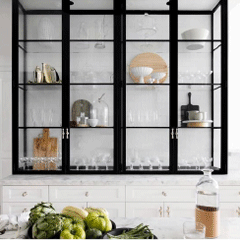

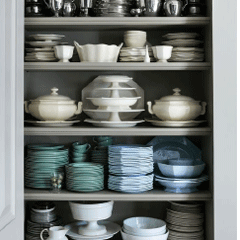



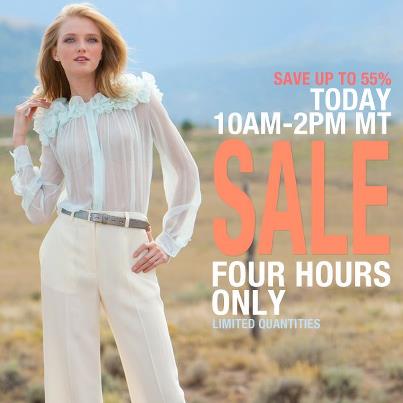
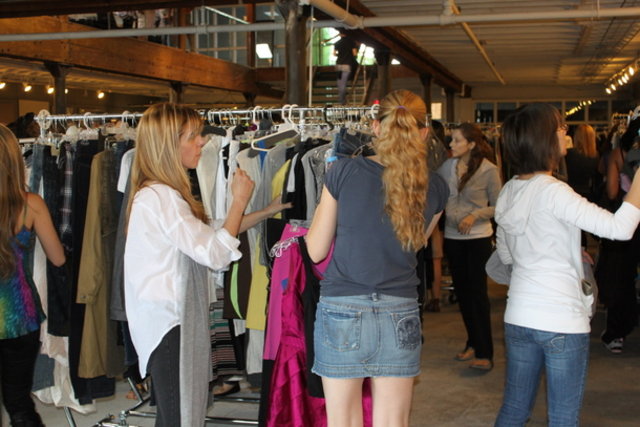
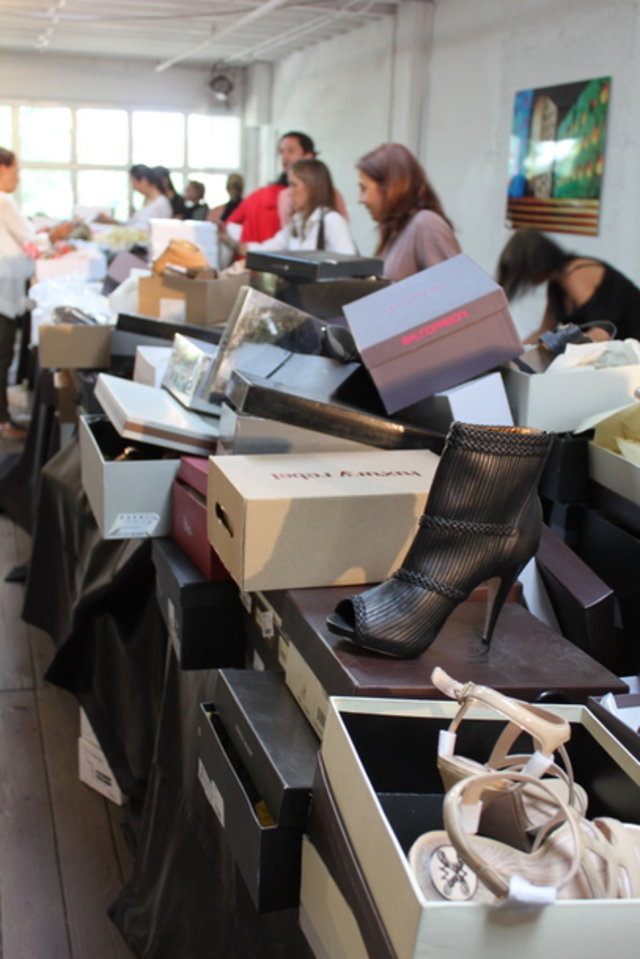
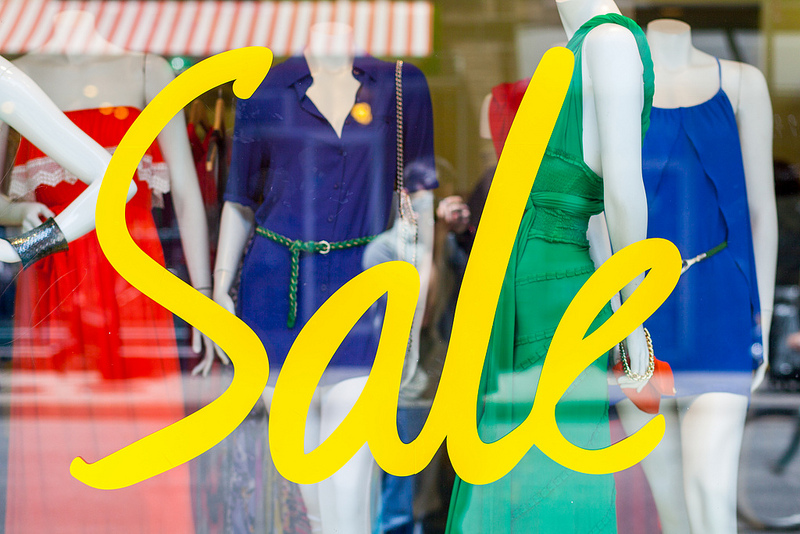

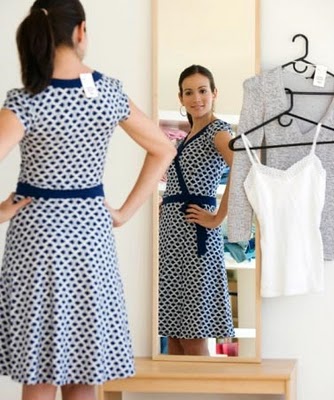
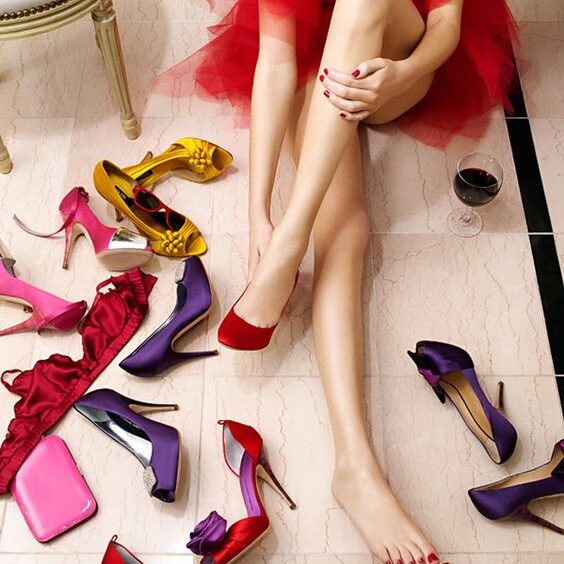
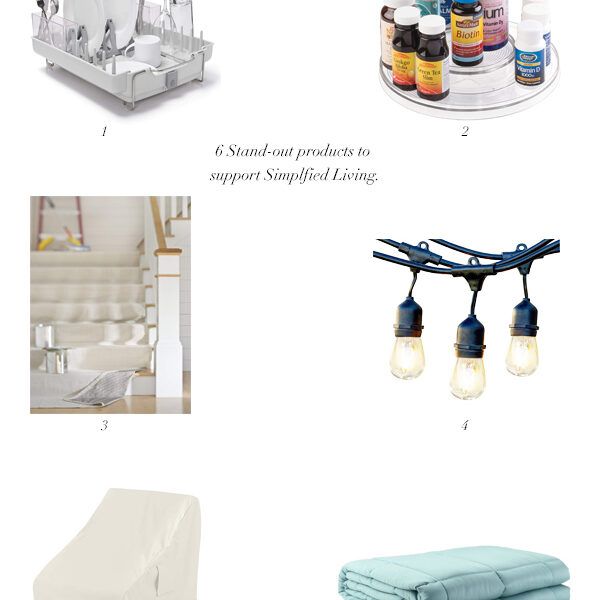
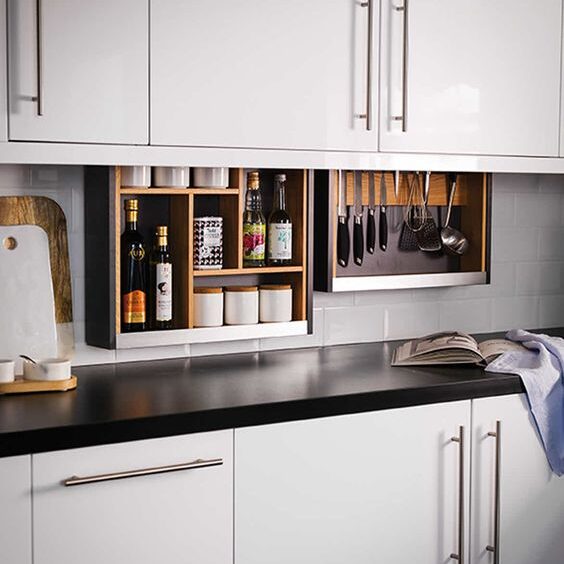



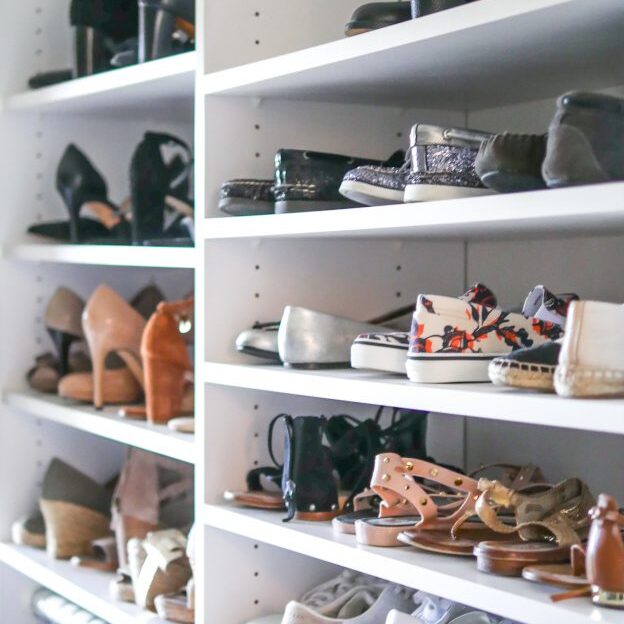

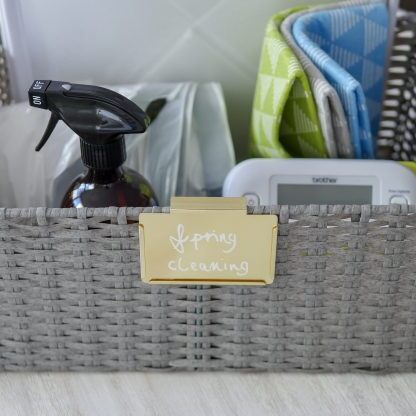

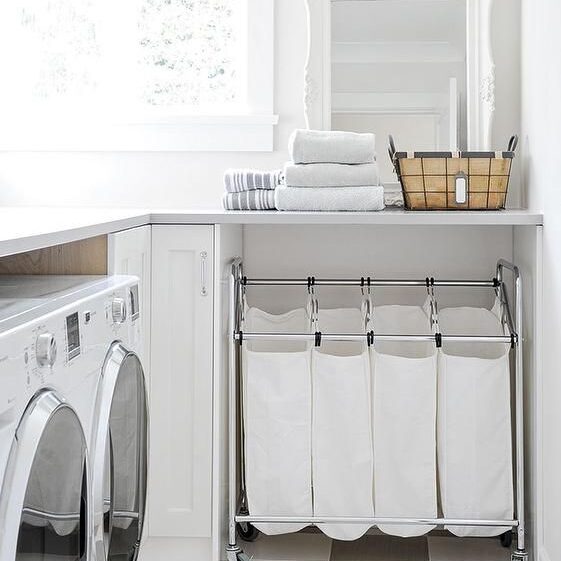
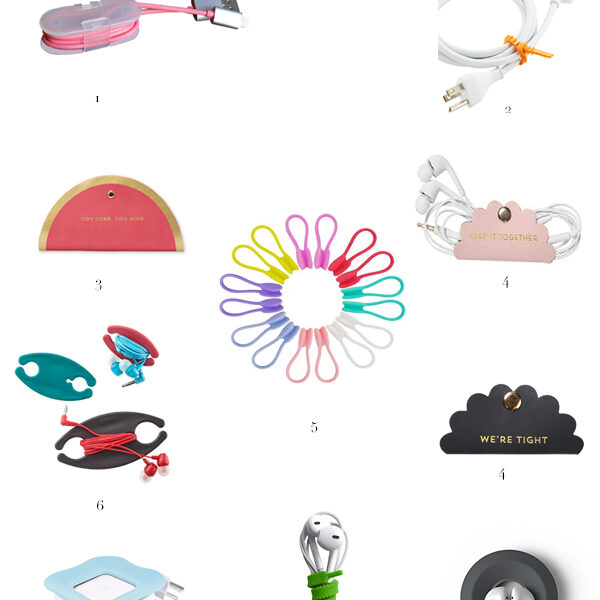
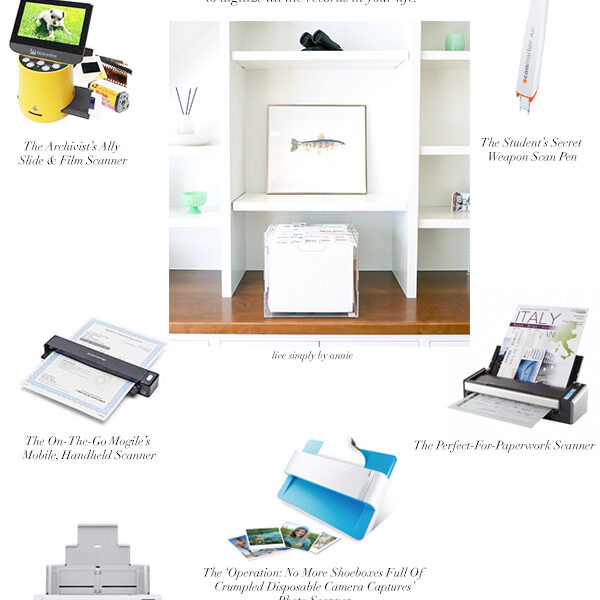
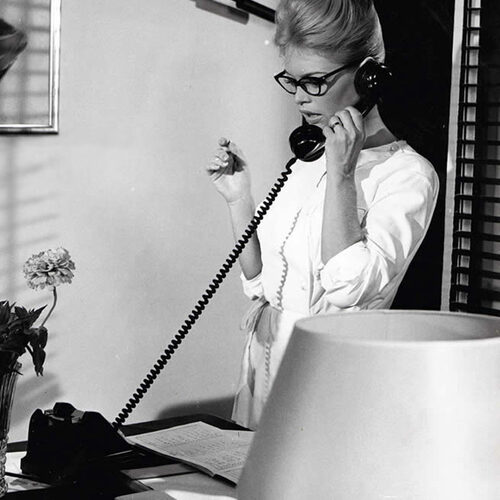
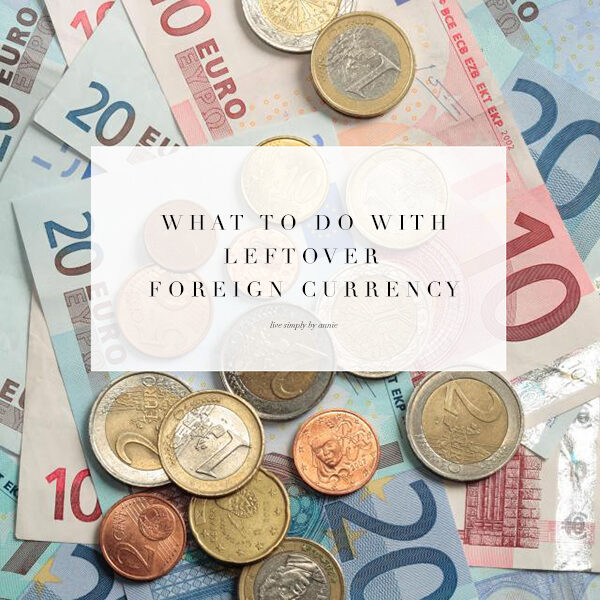
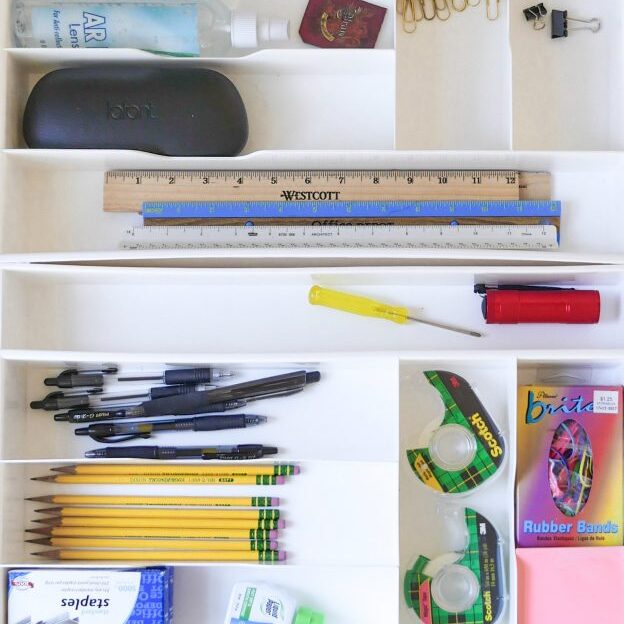
This is a great post. I am currently on shopping lockdown (other than groceries – but I hate grocery shopping so I avoid that at all costs!). Particularly with clothes, I have started asking myself – “Do I LOVE this or do I just like it?” If I love it, I take it home. Since I started doing this, I buy fewer clothes but I also get rid of fewer clothes just because I am tired of them. Works out great!
Love that!!! Amazing practice to get into doing!
Terrific post, Annie. Just went shopping yesterday and noticed how i automatically walk to the back of the store to the sale rack. Those retailers sure have us all programmed. Walked out bagless, for once, I am proud to say!
This is all so true, Annie! It’s interesting to see JCPs major failure with their new strategy to do away with sales and coupons. xoxo
Sales are like all you can eat buffets. It all looks so good…you take too much…you feel like schticht after. Annie, you are amazing.
this is a fantastic read and MUCH needed in the blogging community, where we’re visually assaulted with all the new, shiny things we need to have a more stylish/fashionable/perfect/etc. life. xoxo
[…] in fact, I’m so averse to retail sale trickery, and even more so to having this blog come across as typically salesy that the fact that the […]